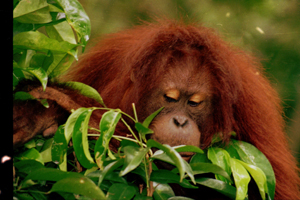Prehistoric North Sea ‘Atlantis’ hit by 5 metre tsunami
By Paul Rincon Science editor, BBC News website A prehistoric “Atlantis” in the North Sea may have been abandoned after being hit by a 5m tsunami 8,200 years ago. The wave was generated by a catastrophic subsea landslide off the coast of Norway. Analysis suggests the tsunami over-ran Doggerland, a … Continue reading




